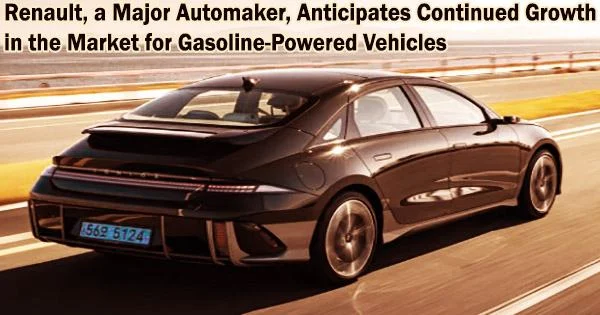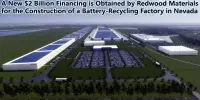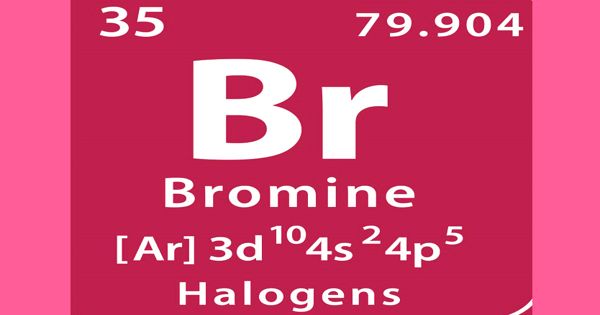According to a senior official at the French automotive giant Renault, the internal combustion engine will continue to be essential to the company’s operations in the upcoming years.
A framework agreement for the creation of a business specializing in the development, manufacturing, and supply of “hybrid powertrains and highly efficient ICE (internal combustion engine) powertrains” was announced by the Renault Group and the Chinese company Geely on Tuesday (November 9, 2022).
Renault claims that Geely and it will each own 50% of the company, which will have 17 sites for the production of powertrains and five for research and development.
Speaking to CNBC’s Charlotte Reed on Tuesday, Renault Chief Financial Officer Thierry Pieton sought to explain some of the reasoning behind the planned partnership with Geely.
“In our view, and according to all the studies that we’ve got, there is no scenario where ICE and hybrid engines represent less than 40% of the market with a horizon of 2040,” he said. “So it’s actually … a market that’s going to continue to grow.”
The tie-up with Geely comes as Renault fleshes out plans to establish an EV spin-off called Ampere.
According to Renault, France-based Ampere “will develop, manufacture, and sell full EV passenger cars.” It is planning to go public on the Euronext Paris, which would happen at the earliest in the second half of 2023, depending on the state of the market.
Pieton discussed the need for many sorts of automobiles during his discussion with CNBC. “It’s very important to have, at the same time, the development of our electric vehicle business on one side with Ampere and to build a sustainable source of ICE and hybrid powertrains.”
This was why Renault was going into a partnership with Geely, he added, explaining the move represented “an absolute slam dunk” from a business and financial perspective.
This was because, Pieton argued, it created “a world-leading supplier of ICE and hybrid powertrains with around 19,000 employees in the world, covering 130 countries.”
David Leggett, an analyst at GlobalData, commented to CNBC via email that automakers may still make money from the sale of cars with internal combustion engines.
“Margins are generally higher than on electric vehicles, which are relatively costly to manufacture,” he said.
“The gap will eventually narrow as EV volumes rise sharply and unit costs on major EV components fall significantly, but there is still much profitable business to be done on ICEs and hybrids and will be for some time to come,” he added.
“Manufacturers need to be flexible in their powertrain offerings according to market needs which differ across the world.”
Renault’s sustained emphasis on internal combustion engines comes at a time when some major economies are attempting to transition away from fossil fuel-powered automobiles.
The U.K., for example, wants to stop the sale of new diesel and gasoline cars and vans by 2030. It will require, from 2035, all new cars and vans to have zero tailpipe emissions.
The European Union, which the U.K. left on Jan. 31, 2020, is pursuing similar targets. The sale of new gasoline-powered automobiles will no longer be allowed in California starting in 2035.
Such targets have grown to be a hot topic in the automotive sector.
During a recent interview with CNBC, the CEO of Stellantis was asked about the EU’s plans to phase out the sale of new ICE cars and vans by 2035.
In response, Carlos Tavares said it was “clear that the decision to ban pure ICEs is a purely dogmatic decision.”
Expanding on his point, the Stellantis chief said he would recommend that Europe’s political leaders “be more pragmatic and less dogmatic.”
“I think there is the possibility and the need for a more pragmatic approach to manage the transition.”
















